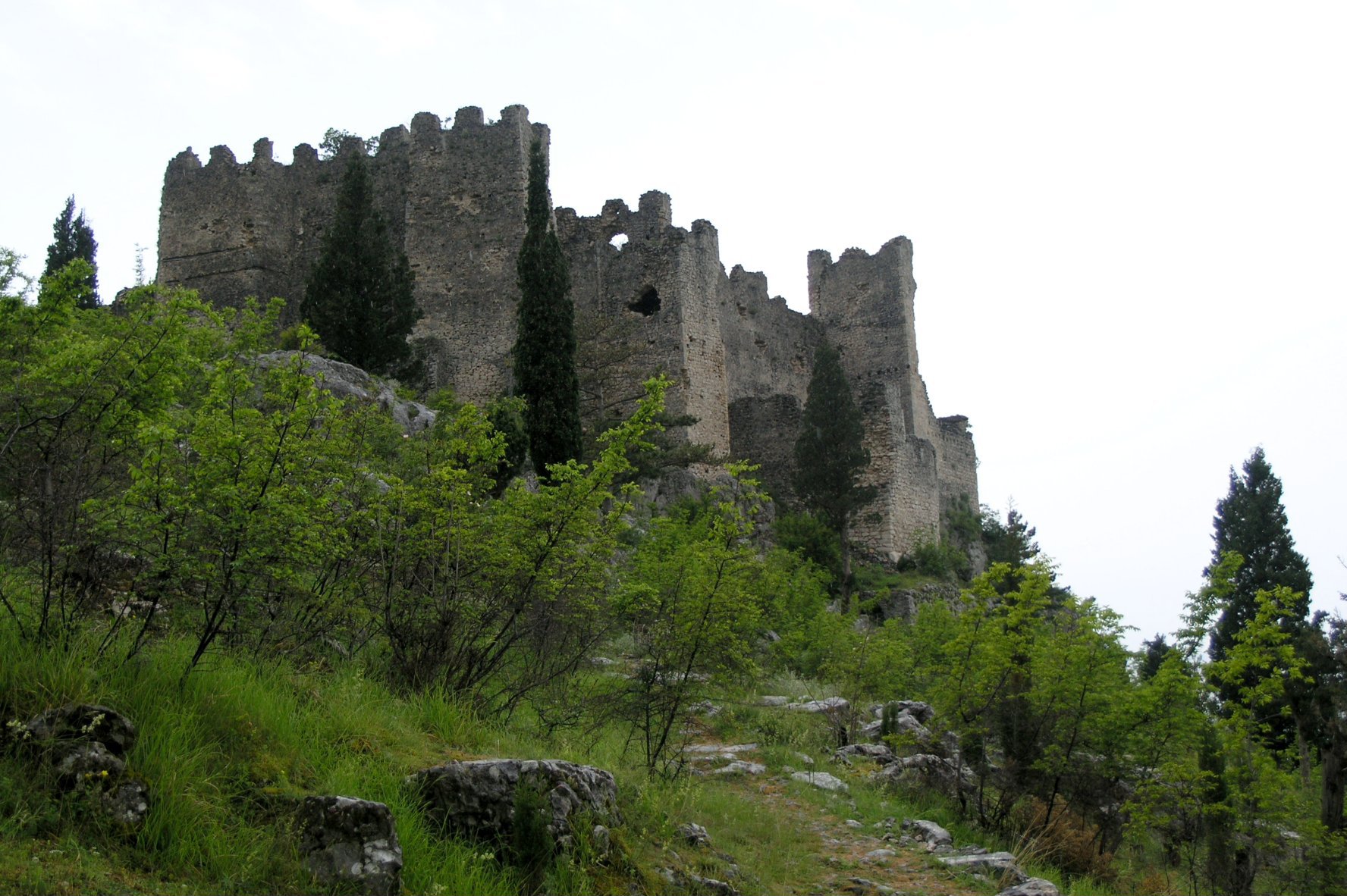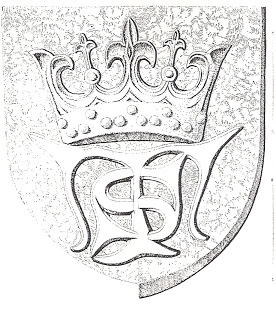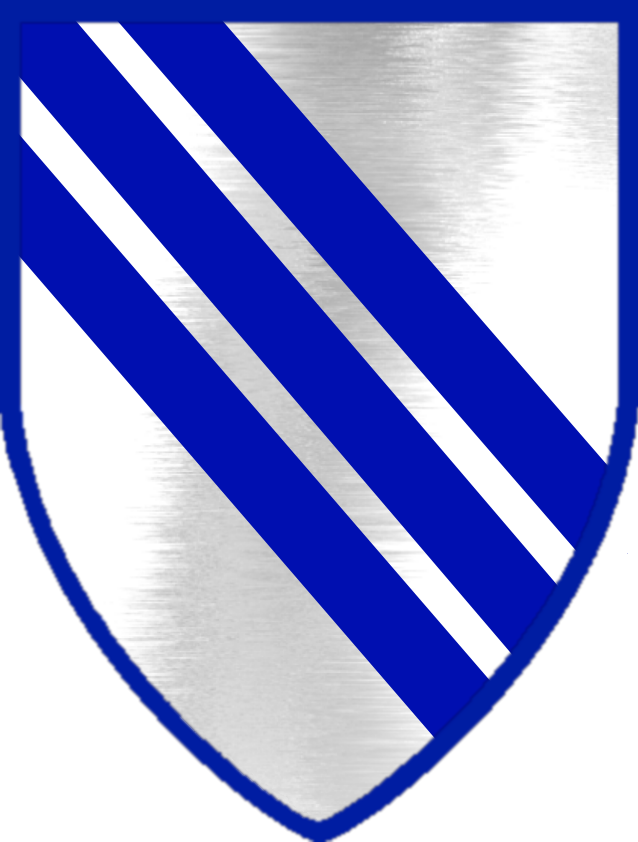|
Grand Dukes Of Bosnia
The title ''Grand Duke of Bosnia'' was a court title in the Kingdom of Bosnia, bestowed by the King to highest military commanders, usually reserved for most influential and most capable among highest Bosnian nobility. To interpret it as an office post rather than a court rank could be more accurate. Grand Dukes of Bosnia See also *List of dukes of Bosnia *List of rulers of Bosnia *List of Bosnian consorts Duchesses of Bosnia :''The Duke of Bosnia, Ladislaus of Hungary, was engaged to Judith of Poland for a time but the engagement was broken off. Ladislaus did have a wife whose name is unknown.'' , Maria of Bosniac. 1353–1403, , , , daugh ... References {{Reflist * * g ... [...More Info...] [...Related Items...] OR: [Wikipedia] [Google] [Baidu] |
Grand Duke Of Bosnia
Grand Duke of Bosnia ( sh, veliki vojvoda rusaga bosanskog, la, Bosne supremus voivoda / Sicut supremus voivoda regni Bosniae), was a court title in the Kingdom of Bosnia, bestowed by the monarch to highest military commanders, usually reserved for most influential and most capable among highest Bosnian nobility. To interpret it as an office post rather than a court rank could be more accurate, although it was not hereditary it served both purposes and was retained for life by a noblemen who gained it. History Unlike usage in Western Europe or Central Europe, as well as in various Slavic lands from Central to North-East Europe, where analogy between grand duke and grand prince was significant, with both titles corresponding to sovereign lower than king but higher than duke, in Bosnia the title of grand duke corresponded more to the Byzantine military title '' megas doux''. Generally, Slavic word ''knez'' is often referred to ruler, sometimes analogous to king, thus ''veliki kn ... [...More Info...] [...Related Items...] OR: [Wikipedia] [Google] [Baidu] |
Stephen Ostoja Of Bosnia
Stephen OstojaHis name in Bosnian is rendered Stjepan Ostoja (), while in Croatian it's Stjepan Ostoja. In Serbian, he is called Stefan Ostoja (). ( sh-Latn-Cyrl, separator=" / ", Stjepan Ostoja, Стјепан Остоја; died September 1418) was King of Bosnia from 1398 to 1404 and from 1409 to 1418. Family connections He was a member of the House of Kotromanić, most likely son of Vladislaus and brother of King Stephen Tvrtko I. When duke Hrvoje Vukčić in 1416 died, King Ostoja divorced his old wife Kujava from the house of Radenović and married Hrvoje's widow Jelena Nelipčić the next year.John Van Antwerp Fine, Bosnian Institute; ''The Bosnian Church: Its Place in State and Society from the Thirteenth to the Fifteenth Century'', Saqi in association with The Bosnian Institute, 2007 Jelena Nelipčić was the sister of Prince Ivan III Nelipac from the Croatian noble Nelipić (Nelipac) family. That way Ostoja inherited most of Hrvoje's lands. Rise to power Ostoja was ... [...More Info...] [...Related Items...] OR: [Wikipedia] [Google] [Baidu] |
Stjepan Tomašević
Stjepan is a Croatian masculine given name, variant of Stephen, used by ijekavian speakers. In Croatia, the name Stjepan was among the top ten most common masculine given names in the decades up to 1969. Notable people with the name include: * Stjepan Držislav of Croatia, Croatian monarch * Stjepan II of Croatia, Croatian monarch * Stjepan Svetoslavić, Croatian nobleman * Stjepan Andrijašević, Croatian footballer * Stjepan Babić, Croatian linguist * Stjepan Babić (footballer), Croatian footballer * Stjepan Bobek, Croatian footballer * Stjepan Božić, Croatian boxer * Stjepan Brodarić, Croatian cleric * Stjepan Deverić, Croatian footballer * Stjepan Damjanović, Croatian linguist * Stjepan Đureković, Croatian businessman * Stjepan Filipović, Croatian partisan * Stjepan Gomboš, Croatian architect * Stjepan Gradić, Croatian polymath * Stjepan Hauser, Croatian cellist * Stjepan Horvat, Croatian geodesist * Stjepan Ivšić, Croatian linguist * Stjepan Janić, Cr ... [...More Info...] [...Related Items...] OR: [Wikipedia] [Google] [Baidu] |
Stjepan Vukčić Kosača
Stjepan Vukčić Kosača ( sr-Cyrl, Стјепан Вукчић Косача; 1404–1466) was the most powerful Bosnian nobleman whose active political career spanned the last three decades of medieval Bosnian history, from 1435 to 1465. During this period, three kings succeeded to the Bosnian throne, Tvrtko II, Thomas ''(Tomaš)'', Stephen Tomašević ''(Stjepan Tomašević)'', one anti-king, Radivoj, the older brother of King Thomas, and the county's fate was sealed by the Ottoman conquest. He was probably born in 1404, a son of the Knyaz of Drina, Vukac Hranić, and Katarina, whose ancestry is unknown. Stjepan's father's hereditary lands were in the Upper Drina region. A member of the Kosača noble family, he succeeded his uncle, Duke Sandalj, as duke of Humska zemlja and the Grand Duke of Bosnia, in 1435. None influenced the development of the late Bosnian medieval state as much as Stjepan Vukčić did. Supporting Radivoj in the line of succession for ... [...More Info...] [...Related Items...] OR: [Wikipedia] [Google] [Baidu] |
Stephen Tomašević Of Bosnia
Stephen Tomašević or Stephen II ( sh-Latn-Cyrl, Stjepan/Stefan Tomašević, Стјепан/Стефан Томашевић; died 25 May 1463) was the last sovereign from the Bosnian Kotromanić dynasty, reigning as Despot of Serbia briefly in 1459 and as King of Bosnia from 1461 until 1463. Stephen's father, King Thomas, had great ambitions for him. An attempt to expand into Croatia by marrying Stephen to a wealthy noblewoman failed, and negotiations for a marital alliance with the Sforzas of Milan were abandoned when a more prestigious opportunity presented itself: marriage to the heiress Maria of Serbia. Celebrated in April 1459, it made Stephen the ruler of the remnants of the neighbouring country. The intent was to unite the Kingdom of Bosnia and the Serbian Despotate under Stephen to combat the expanding Ottoman Empire. However, Stephen's Catholicism made him unpopular in Orthodox Serbia. After ruling it for merely two months, he surrendered it to the encroaching Ottom ... [...More Info...] [...Related Items...] OR: [Wikipedia] [Google] [Baidu] |
Thomas Of Bosnia
Stephen Thomas ( sh-Latn-Cyrl, separator=/, Stefan Tomaš, Стефан Томаш, sh-Latn-Cyrl, separator=/, label=none, Stjepan Tomaš, Стјепан Томаш; 1411 – July 1461), a member of the House of Kotromanić, reigned from 1443 until his death as the penultimate king of Bosnia. An illegitimate son of King Ostoja, Thomas succeeded King Tvrtko II, but his accession was not recognized by the leading magnate of the Kingdom of Bosnia, Stjepan Vukčić Kosača. The two engaged in a civil war which ended when the King repudiated his wife, Vojača, and married the insubordinate nobleman's daughter, Catherine. Thomas and his second wife, both raised in the Bosnian Church tradition, converted to Roman Catholicism and sponsored construction of churches and monasteries throughout the kingdom. Throughout his reign, Thomas waged a war with the Serbian Despotate over the lucrative mining town of Srebrenica and its surroundings, in addition to (or in conjunction with) m ... [...More Info...] [...Related Items...] OR: [Wikipedia] [Google] [Baidu] |
Stephen Ostojić Of Bosnia
Stephen Ostojić ( sh-Latn-Cyrl, separator=" / ", Stjepan/Stefan Ostojić, Стјепан/Стефан Остојић) was King of Bosnia from the death of his father Ostoja in 1418 until his deposition by the nobility in 1420. Youth A member of the House of Kotromanić, Stephen was the only legitimate son of King Ostoja, born by his second wife, Kujava Radinović. His parents married in 1399, while Stephen first appears in historical records in late 1408 as endorser of his father's donation to the noble brothers Vukić and Juraj Radivojević for their loyal service. Along with his mother, Stephen next endorsed his father's charter of privileges to the Republic of Ragusa in 1409. King Ostoja repudiated Queen Kujava in 1416, and it appears that Stephen left him too; the 16th-century Ragusan chronicler Mavro Orbini claimed that Stephen was mentioned as Ostoja's opponent in 1417. Ostoja remarried immediately, taking the wealthy widow Jelena Nelipić as his third wife. By 22 July ... [...More Info...] [...Related Items...] OR: [Wikipedia] [Google] [Baidu] |
Tvrtko II Of Bosnia
Stephen Tvrtko II ( sh-Latn-Cyrl, Stjepan/Stefan Tvrtko, Стјепан/Стефан Твртко; died in November 1443), also known as Tvrtko Tvrtković (), was a member of the House of Kotromanić who reigned as King of Bosnia from 1404 to 1409 and again from 1420 to his death. Tvrtko II was the son of King Tvrtko I. His reigns took place during a very turbulent part of Bosnian history. He was first installed as a puppet king by the kingdom's leading noblemen, Hrvoje Vukčić Hrvatinić and Sandalj Hranić Kosača, to replace his increasingly independent uncle Ostoja. Five years later, he lost the support of the nobility and thus the crown as well. He was hardly politically active during the second reign of Ostoja, but managed to depose and succeed Ostoja's son Stephen. Tvrtko's second reign was marked by repeated Turkish raids, which forced him to accept the Ottoman suzerainty, and the struggle for power with Radivoj, another son of Ostoja. Tvrtko was married twice, but die ... [...More Info...] [...Related Items...] OR: [Wikipedia] [Google] [Baidu] |
Ostoja Of Bosnia
Stephen OstojaHis name in Bosnian is rendered Stjepan Ostoja (), while in Croatian it's Stjepan Ostoja. In Serbian, he is called Stefan Ostoja (). ( sh-Latn-Cyrl, separator=" / ", Stjepan Ostoja, Стјепан Остоја; died September 1418) was King of Bosnia from 1398 to 1404 and from 1409 to 1418. Family connections He was a member of the House of Kotromanić, most likely son of Vladislaus and brother of King Stephen Tvrtko I. When duke Hrvoje Vukčić in 1416 died, King Ostoja divorced his old wife Kujava from the house of Radenović and married Hrvoje's widow Jelena Nelipčić the next year.John Van Antwerp Fine, Bosnian Institute; ''The Bosnian Church: Its Place in State and Society from the Thirteenth to the Fifteenth Century'', Saqi in association with The Bosnian Institute, 2007 Jelena Nelipčić was the sister of Prince Ivan III Nelipac from the Croatian noble Nelipić (Nelipac) family. That way Ostoja inherited most of Hrvoje's lands. Rise to power Ostoja was b ... [...More Info...] [...Related Items...] OR: [Wikipedia] [Google] [Baidu] |
Helen Of Bosnia
Helen ( sh-Latn-Cyrl, separator=/, Jelena, Јелена; 1345 – after 18 March 1399), also known by the name sh-Latn-Cyrl, label=none, separator=/, Gruba, Груба, ruled the Kingdom of Bosnia from September 1395 until late April or early May 1398. She was queen consort as the wife of King Dabiša, and was chosen by the '' stanak'' to rule after his death. Whether she was a regent who ruled during an interregnum or a queen regnant is disputed, but in any case the real power was held by magnates of the kingdom. Her rule ended with the election of King Ostoja. She remains the only female head of state in the history of Bosnia and Herzegovina. Family Nothing is known for certain about Helen's origin. She was most likely a member of the Nikolić noble family from Zachlumia. A charter dated 17 July 1392 is the earliest extant source naming Helen as queen and wife of Dabiša, who had succeeded Tvrtko I in March 1391, and places her at Dabiša's side in Lušci. As queen ... [...More Info...] [...Related Items...] OR: [Wikipedia] [Google] [Baidu] |
Sandalj Hranić
Sandalj Hranić Kosača ( cyrl, Сандаљ Хранић Косача; 1370 – 15 March 1435) was the most powerful Bosnian nobleman whose primary possessions consisted of land areas between Adriatic coast, the Neretva and the Drina rivers in Bosnia, and served the court as the ''Grand Duke of Bosnia'' sometime between 1392 and his death in 1435, although the first mention as a Grand Duke in sources comes from 16 June 1404. He was married three times, but had no children. After his death, he was succeeded by his nephew Stjepan Vukčić Kosača. Rise of Sandalj As the head of the House of Kosača, Sandalj Hranić succeeded his uncle Vlatko Vuković in 1392. In 1403, Radič Sanković led the attacks on Dubrovnik during the Bosnian-Ragusan War in the name of King Stephen Ostoja. Sandalj Hranić captured and blinded Radič, and held him in prison until his death in 1404. When King Ladislaus of Naples sold his rights to the kingdom of Dalmatia to the Republic of Venice ... [...More Info...] [...Related Items...] OR: [Wikipedia] [Google] [Baidu] |





